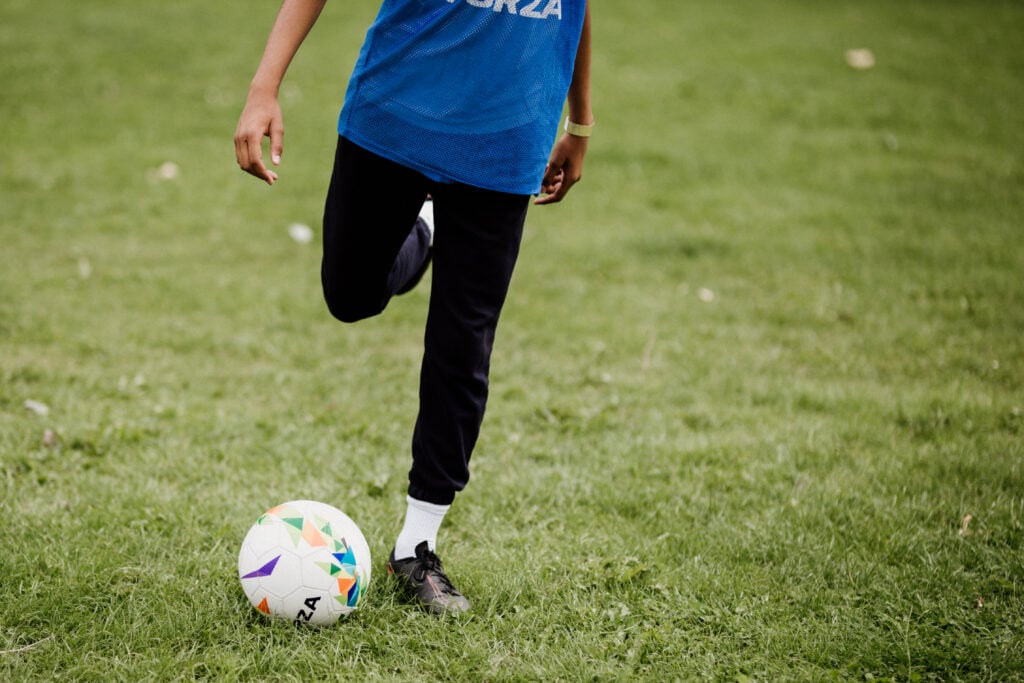
Written by Mark Lawrie, Chief Executive
Sport England’s latest Active Lives survey has provided a glimmer of hope amid the pandemic-induced stagnation. Results from the survey show that activity levels among adults have rebounded to pre-pandemic levels, a positive development. However, the report also reveals that the activity gap between the most affluent and the least affluent demographics has widened, with a significant 20% differential. This finding is a clear indication that persistent barriers continue to hinder adults from lower-socio-economic groups (LSEGs) in their participation in sport and physical activity.
The most recent annual Active Lives survey, conducted between November 2021 and November 2022, tracks physical activity and sport participation in England. The survey found that 63.1% of adults aged 16 and over in England were physically active for at least 150 minutes per week, which is the Chief Medical Officer’s recommended level of activity. This percentage is comparable to pre-pandemic levels and is an improvement on the previous year.
Despite this encouraging news, the survey also found that fewer people from lower socio-economic groups (LSEGs) were likely to participate in physical activity than those from higher SEGs. In fact, while 72.6% of adults in higher socio-economic groups reported being ‘active’, for those in the lowest socio-economic groups that figure is just 52.7% and for those who are currently unemployed, the figures showed a sharp downward trend with just 45% recorded as ‘active’. The activity disparity is also clear in relation to the least affluent places, with those in the most deprived areas seeing activity levels remaining stubbornly below the pre-pandemic baseline.
These persistent and growing inequalities are extremely concerning and highlight the need to redouble the focus on supporting and encouraging participation in sport and physical activity among disadvantaged groups.
That’s a vision shared by Sport England and clearly laid out in Uniting the Movement, their 10-year strategy to make sport and physical activity more equal and accessible. Uniting the Movement’s end goal of ‘a nation of more equal, inclusive and connected communities’ feels absolutely the right one, and a goal which only becomes more urgent as inequalities between the top and bottom of society continue to widen. At StreetGames we are and always have been committed to working alongside Sport England and the wider sector to ensure these aims can become reality.
At StreetGames we know that a promising approach to addressing this issue is to support Locally Trusted Organisations (LTOs) that are already doing great work in engaging young people and their families in sport and physical activity. LTOs play a vital role in breaking down the barriers that can prevent people from LSEGs from participating in sport and physical activity. Moreover, local organisations have a unique understanding of the challenges faced by their neighbourhoods and can tailor their programs and initiatives to meet the specific needs of these communities. They can also provide support and encouragement to young people, who may be hesitant to participate in sport and physical activity due to a lack of confidence, inadequate equipment, or other obstacles.
By supporting these embedded, well-connected organisations, we can help ensure that everyone has access to a range of sport and physical activities that can improve their physical and mental health, boost their confidence and self-esteem, and enhance their social skills.
Making sport as accessible as possible, by ensuring every community has activity available close to home, at the right price, delivered in the right way is exactly what we at StreetGames work to provide through Doorstep Sport. Doorstep Sport offers accessible and affordable opportunities for young people to take part in informal sport within their local community through vibrant, varied, fun and sociable sessions. Effective Doorstep Sport delivery has a strong emphasis on youth leadership, offers personal development opportunities and encourages lifelong participation. Delivered in the right way, Doorstep Sport can also be hugely adaptable, and can be modified to achieve a wide range of positive impacts in communities, including combating holiday hunger, preventing youth offending, and supporting young people’s mental health and wellbeing.
Initiatives like Sport England’s Together Fund are a great contribution to this work. StreetGames are using this fund to support community organisations to provide attractive, varied and vibrant sporting offers for the young people in the underserved communities in which they work. Examples of this in action are how we’ve supported the East African Association based in South London to provide new activity sessions, facilitate trips, and offer wrap-around support for young people facing issues linked to housing and immigration, and our work with Salford Community Leisure who organise a range of activities, including the Salford Summer Festival, to promote sports opportunities in underprivileged areas. In this final phase of the fund, StreetGames have supported over 100 community organisations to deliver life-enhancing Doorstep Sport to young people in their local area.
But we also need to tackle the feeling that exists for too many young people that playing sport or being part of major sporting events is for other people and beyond their reach. For many young people living in underserved communities, major sporting events can feel a million miles away – geographically and culturally. That’s why StreetGames launched our Inspiration campaign last year to open up access to major sporting events for young people, create brilliant volunteering opportunities and give young people the chance to broaden their horizons and set their sights higher. With 24,000 young people from 725 communities engaged in last year’s campaign, we know the appetite is there – what is too often missing is the means.
While the overall bounce back to pre-pandemic activity levels is a positive development, it is concerning to see the activity gap between the most affluent and least affluent demographics widen. To address this disparity, we need to focus on supporting local community organisations that are already doing great work engaging young people and their families in sports and physical activities. By doing so, we can help create a more equitable and inclusive environment in which everyone has the opportunity to enjoy the many benefits of sport and physical activity.

